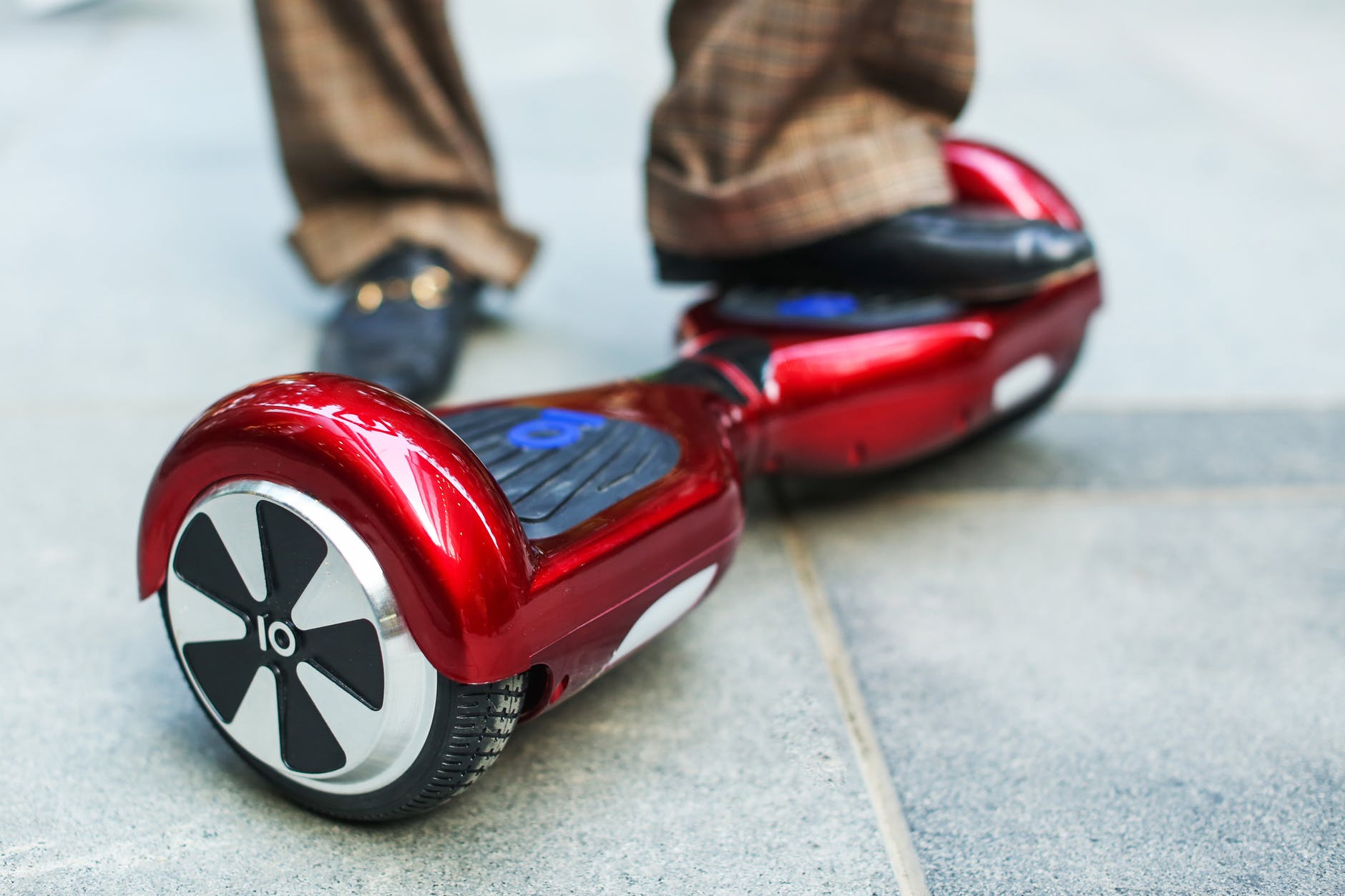Amazon sent out e-mails warning customers that hoverboards could be dangerous but never said they were at risk of blowing up and catching fire.
A federal court will let a Tennessee family continue their lawsuit against Amazon, years after their home was burnt down by a malfunctioning hoverboard. The plaintiffs allege that the online retailer was aware of complaints about the devices, which would sometimes spontaneously catch fire and explode.
The ruling, issued by the 6th Circuit Court of Appeals, referenced Amazon’s own investigations. Following an influx of complaints, Amazon eventually did pull product sales.
But instead of referencing explosive hazards and fire risks, the company only told consumers that hoverboards were gone due to “reports of safety issues.” Amazon, notes the Associated Press, didn’t elaborate.
The plaintiffs at the center of the 6th Circuit’s ruling are Megan and Charles Fox. The Tennessee couple say their son left his hoverboard in their home in January 2016.
Unattended and downstairs, the device ruptured, catching fire and burning the home to the ground.
Before the blaze could incinerate the Fox residence, both the couple’s children—trapped upstairs—had to leap from second floor windows to escape.

The family’s home and almost all their possessions were destroyed. The suit, says the A.P., seeks $30 million in damages.
Another recent decision—passed by the 3rd Circuit Court of Appeals in Pennsylvania and covered by LegalReader—could bolster the Fox family’s case. In its decision, the court ruled in favor of a woman who’d been injured by a retractable dog leash.
The dog leash wasn’t sold by Amazon but by a southwestern company called The Furry Gang. Neither the plaintiff nor Amazon were able to track down any of the Gang’s representatives. So the woman sued Amazon, even though the company insisted that it—as a marketplace—wasn’t protected from liability claims stemming from third-party merchants.
However, the 3rd Circuit bucked precedent and ruled against Amazon.
And Amazon—not coincidentally—had tried using the same argument against the Fox family, claiming that it wasn’t the “seller” of the hoverboard and shouldn’t be held responsible for damages. But the court rejected that claim, noting that, under Tennessee law, a seller “means any individual regularly engaged in exercising sufficient control over a product in connection with its sale.”
The judges, though, said the Fox family hadn’t adequately demonstrated that Amazon was the product’s “seller.”
Instead, the panel condemned Amazon for assuming the danger of warning hoverboard purchasers and owners of the product’s danger—exemplified by the company’s decision to send out warning e-mails.
While the 3rd Circuit didn’t deem Amazon’s warning e-mail insufficient, the determination can be made by a lower court.
Sources
Appeals Court Rules Against Amazon in Product Liability Lawsuit
Hoverboard fire lawsuit against Amazon can move forward


Join the conversation!